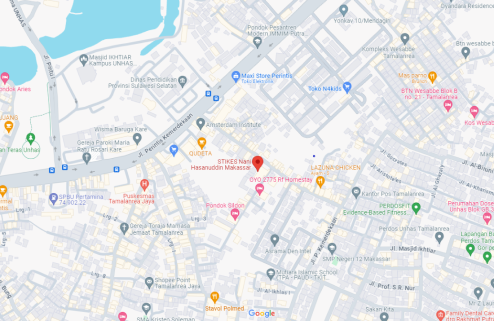FORMULATION OF ANTI-ACNE MASK OF PAPAYA LEAF EXTRACT (Carica papaya L.) AND HONEY AGAINST Propionibacterium acn
Keywords:
Daun pepaya, Madu, Masker Anti Jerawat, AntibakteriAbstract
Papaya leaves (Carica papaya L.) are ornamental plants that are very useful because they contain alkaloids, flavonoids, saponins, tannins and terpenoids. The alkaloids here have antibacterial properties. Honey is usually used as an antibacterial. Apart from being an antibacterial, honey is also an antioxidant because honey contains vitamin C. Acne (Acne vulgaris) is a skin disease caused by chronic inflammation with a complex pathogenesis, involving the sebaceous glands caused by the bacteria Propiobacerium acne. This research aims to determine whether the anti-acne mask formulation of papaya leaf extract and honey is physically and chemically stable and that the anti-acne mask formulation of papaya leaf extract and honey has anti-acne activity against Propionibacterium acne. This research is an experimental laboratory using the diffusion technique so that the well method is used to determine the diameter of the inhibition zone and for data analysis using the one-way ANOVA test. The results of research on the formulation of an anti-acne mask from papaya leaf extract and honey are physically and chemically stable. The anti-acne mask formulation of papaya leaf and honey extract has antibacterial activity against Propionibacterium acne with an inhibition zone of 17.2 mm (strong) in formulation 1, 19.6 mm (strong) in formulation 2, 19.8 (strong) in formulation 3 and 21.9 mm (very strong) on the positive cotrol, namely benzolac (Benzolic peroxide).










